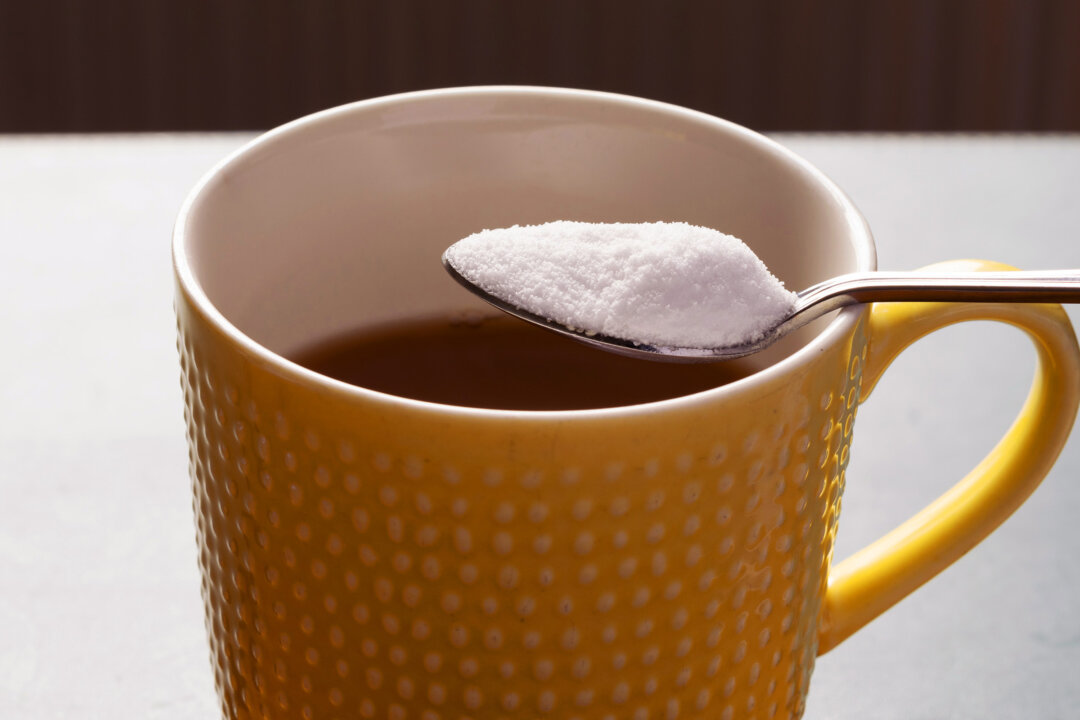
The researchers found that drinking sucralose increased feelings of hunger and brain activity in the hypothalamus, especially among those with obesity. Unlike sugar, sucralose did not increase hormones that triggered a sense of fullness. “About 40 percent of Americans regularly consume sugar substitutes, usually as a way to reduce calories or sugar intake,” Page said.
“But are these substances actually helpful for regulating body weight? What happens in the body and brain when we consume them, and do the effects differ from one person to the next?” To investigate, the researchers conducted a randomized experiment with 75 participants, who were tested on three different occasions after drinking water, a beverage sweetened with sucralose, or a drink sweetened with regular sugar. Using magnetic resonance imaging, researchers recorded brain scans and collected blood samples and hunger ratings before and after drink consumption. The researchers also found that sucralose changes the way the hypothalamus interacts with other brain regions involved in motivation.

The findings also revealed that female participants experienced greater changes in brain activity compared to male participants, suggesting that sucralose could impact the sexes differently. She said that basic, unadulterated foods “are the way to go.” Shelley Balls, another registered dietitian, expressed concern about sucralose consumption among children and adolescents.
“It’s hard enough in today’s world to make healthy choices, but increasing cravings and hunger makes things even harder, which could potentially lead to obesity and increased chronic disease risk,” Balls said. “Sucralose has also been shown to alter the gut microbiome, and as we know gut health is a key determinant of health that we always want to keep in mind.” “As a dietitian, I always recommend water as the main source of fulfilling hydration needs for optimal health,” she said.
“I personally stay away from all artificial sweeteners.” Normal sugar and honey—in moderation—are an healthier option, she added. While all sweeteners should be consumed in moderation, natural sweeteners like honey and sugar, unlike artificial sweeteners, offer potential benefits like antioxidants and vitamins, and are less likely to disrupt the gut microbiome.
However, for those looking for an alternative sweetener, she recommends trying monk fruit as it is a natural sweetener. “It’s 100 to 300 times sweeter than sugar so you may find you can use less of it.” While monk fruit provides a zero-calorie, sugar-free alternative that could be beneficial for people managing diabetes, Balls advised consumers to read labels carefully.
Many monk fruit products aren’t pure, often containing other artificial sweeteners or sugar alcohols. “So purchase straight monk fruit sugar if you can.”.















